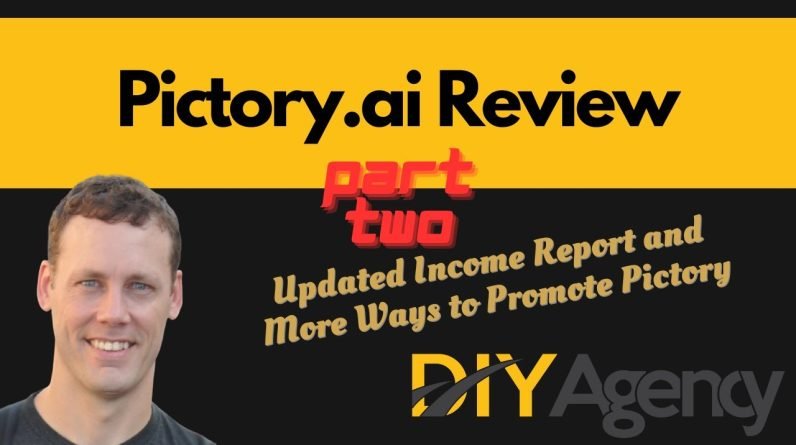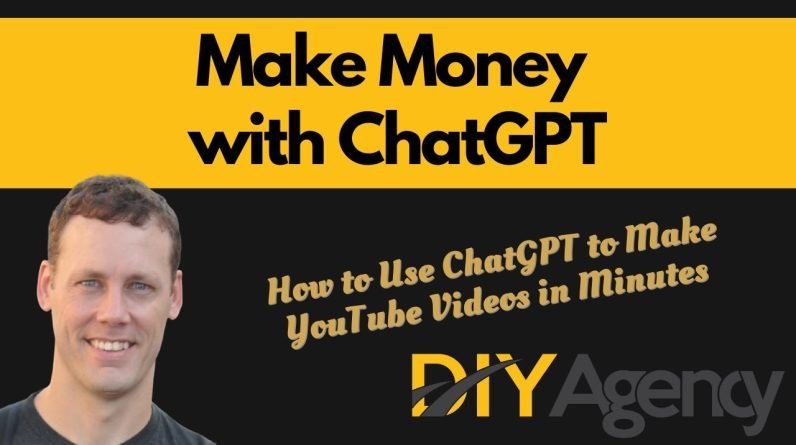
For small businesses, Google Ads is a great marketing tactic. With this, you can present an advertisement for your online business to anybody who is looking for the type of business you own at that very moment and who are seeking businesses in your domain. Targeting tacts like this are what attracts most small businesses to advertise on Google.
Without even knowing it, you probably come into touch with dozens, if not hundreds, of Google Ads every day. They are everywhere, in the lists of search engine results page(SERP), the ads seen on Youtube, and even in the games, you play in your mobile device.
What are Google Ads?
Google Ads, formerly known as Google AdWords, is an online advertising service that enables online marketers to have their advertisements work on Google’s search results page. The advertisements look almost alike to the natural search results, with the only difference being the little word “Ad” boxed and colored green. These ads will be shown at the top and bottom of a page with search results.
Google Ads is an excellent way to approach new customers and build a web-based revenue stream. The system points to 97 percent of Google’s revenue. This just means that thousands of online marketers are already making use of Google Ads and its numerous purposes.
As many website owners know, launching an efficient Google Ads campaign can be really hard. Many pros believe that it is vital to target particular audiences, develop SEO-friendly webpages and advertisements, and regularly modify and analyze your campaigns by Google Ads and Analytics.
In this article, we will discuss the process of marketing in Google Ads, specifically with small businesses.
How to promote your small business in Google Ads
Set up your Google My Business Page
GMB or Google My Business lets web searchers quickly discover data about your local business on search, Google plus, and maps. The bright edges in GMB are that it is free, it is very simple to operate, and it offers you the power to present your local business in the best way it can be.
Practice On Call-Only Campaigns
Either Google Ads are a part of your campaign tactics or not, the chance to generate more leads via paid search is still huge for local and small businesses. For example, if somebody searches for products or services related to your business and don’t find your brand on the map, you will lose a possible customer.
So, if you are promoting or you are preparing to begin, a good place to start is with one of the most advanced features of Google, Call-Only Campaigns. For local storefronts, phone calls are clearly a major part of the business. Don’t believe this? Then take the words directly from Google. The search engine stated that 70% of mobile searches shortly call a store from the search results.
Call-only campaigns discharge the leakiest part of the conversion funnel, which is most widespread in search where you have to go to a landing page so as to fill out a form or reach a phone number. That is how its intent works.
Form Contact Information Predominant with Call Extensions and Location
If conversions greatly happen with your business, then Google Ads’ campaign should be successful in reaching its goal, driving traffic to your business offers. Together with call information, placing your address is more than necessary.
You want to leverage every important Google ad extensions to not only grow your advertisement presence in the search engine result pages but also to drive your leads to visit because they already hold your phone number and location at their hands.
Ensure That Your Location Targeting is Accurate
This knowledge might be obvious, but you should be informed that there are a lot of accounts recently that are either targeting a region that is too large or too little.
There are many possible ways you can target your storefront, and if you run various storefronts, your campaigns can be reproduced, you want to make location-specific adjustments to Ad keywords and texts, and separately target various locations.
Make Use of Location Ad Extensions
For customers, local must be convenient and friendly. That is why it gives you an advantage against your competitors. Thus, you should ensure that your potential customers are informed that you are local once they see your advertisement.
Fortunately, this can be easily achieved when you make your Google Ads account and simply select “Location Extensions.” Then, attach the storefront address of your business. This will grant your Google Ads ad a pin and your business location.
Instead of Clicks, Focus more on Conversions
If you focus on clicks only, you will waste your ad budget and make PPC Management harder. Typically, all practical local Ads campaign should be entirely centered on conversions, aka cost-per-conversion. For various local stores out there, a conversion would be described as a phone call, booking of an appointment, or contact form fill. If you have that in mind, you might find out that two your target keywords are drawing in the same number of clicks, and costing you an equal amount of money – but one of them is converting greatly, while the other one is only wasting your money without producing any leads.
If you have this insight, you could surely remove the poor-converting keyword and possibly multiply your returns without your investment being boosted!
Conclusion
Therefore, having a small business is not a disadvantage in the online marketing business. We discussed in this article that small businesses with local can even gain the edge against competitors. This guide proves that it is possible for small businesses to compete in the big game.






